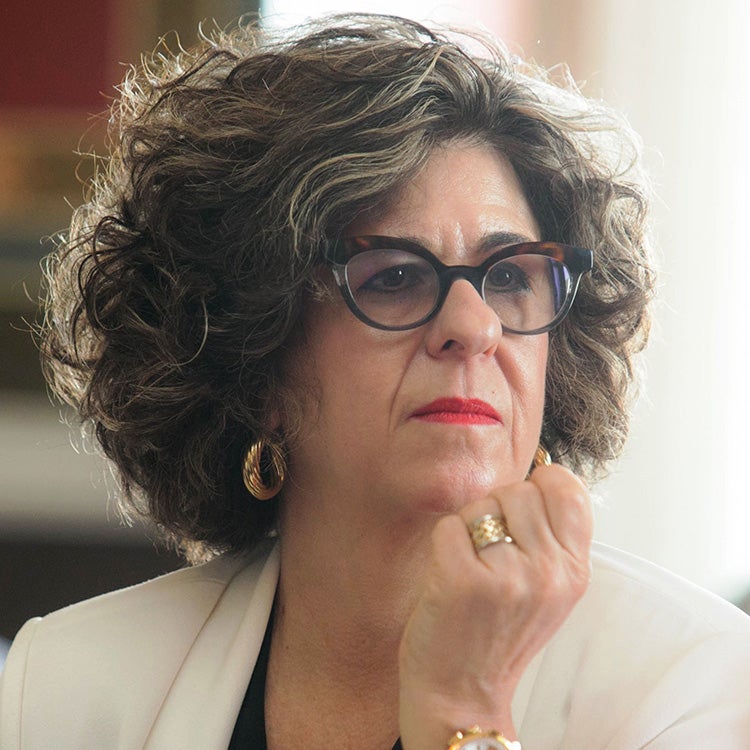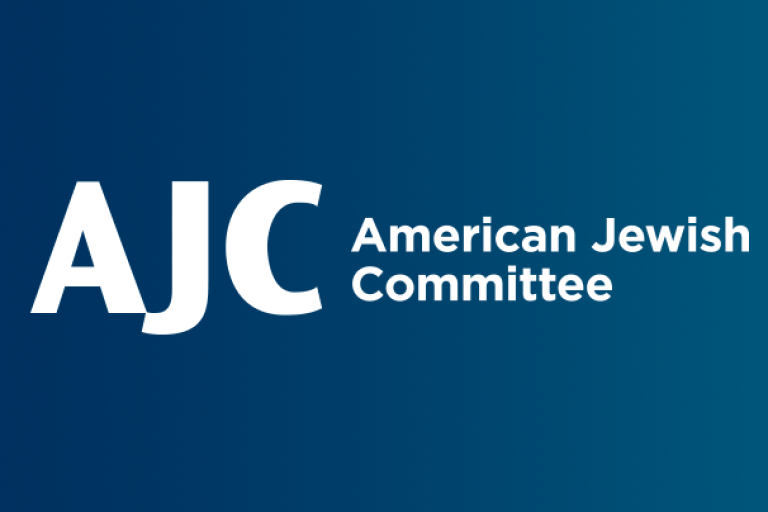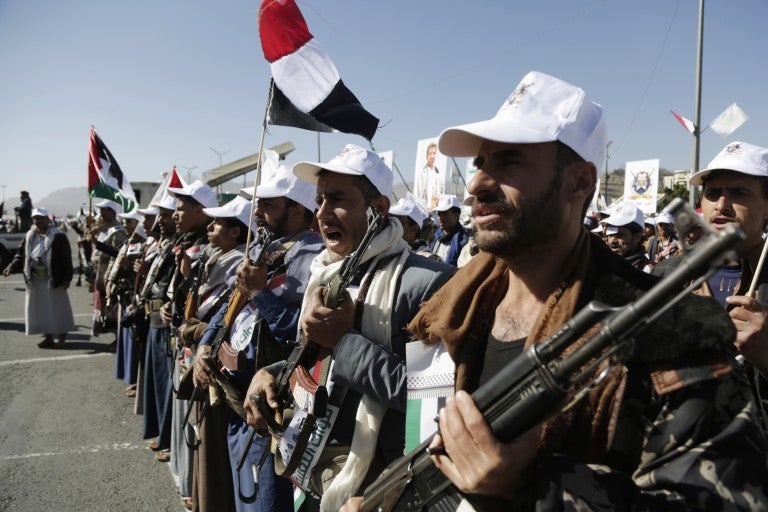April 13, 2018 — New York
At a time when the world is polarized, and our region faces challenges of all kinds, multilateral efforts to achieve common objectives, such as the Summit of the Americas now underway in Lima, Peru, should be welcomed – and called on to deliver results.
Are such summits effective? Despite the political differences that span our continent, the fact that heads of state meet to dialogue, to strengthen the bonds of friendship and collaboration and coordinate actions, is already a significant achievement. But beyond the central theme of the summit, "Democratic Governance in the Face of Corruption" – a scourge that is the source of many headlines lately – and whether or not there is a final declaration (there has not been one in the last two summits), these forums are also relevant for the private meetings that take place, for parallel agreements reached, and for the creation of consensus on shared concerns that can help the nations of the Americas move forward.
Diplomacy is often underappreciated, even ridiculed, and takes time, but it produces results. A complex hemispheric agenda in which security, trade and migration are the primary issues can only be successfully addressed through multilateral cooperation.
Parallel to the work of governments, non-governmental actors have a role in encouraging such cooperation. For more than a decade, AJC has become a connector and voice of Jewish communities across Latin America. At our own annual regional "summit" – which we call the Strategic Forum – Jewish leaders from sister communities discuss issues of shared interest and regional trends, and analyze how, as part of civil society, they can constructively engage their respective governments to combat antisemitism and other bigotries, counter political and religious extremism, assure communal security, and defend democratic principles.
If the Summit of the Americas functions as a barometer of the major trends and challenges of the Hemisphere, the Strategic Forums AJC has convened find that Jewish life throughout the region is experiencing a boom. In most countries, there is a growing integration, visibility and political participation. The sad exception – unsurprisingly – is Venezuela. Due to the increasingly critical situation that affects all Venezuelans, as well as episodes of threats and official antisemitism, this outstanding community continues to shrink.
Looking outward from these communities, we celebrate that the region’s relations with Israel, in the vast majority of cases, are at their best. Country after country has identified in the Jewish State a strategic partner willing to collaborate on challenges ranging from citizen security to water management. Proof of this are the many agreements and treaties that have been signed in recent years. Fortunately, political disagreements have ceased to obscure the mutual benefits of close cooperation.
Among the greatest concerns of governments attending the current Summit must be the issue of citizen security, which encompasses measures to confront threats by terrorist organizations and organized crime – even if it does not receive the same media coverage as the fight against corruption. Sadly, the Jewish community in Argentina was the target of two of the worst terrorist attacks in the hemisphere (in 1992 and 1994), orchestrated and executed by Iran and Hezbollah. Fortunately, regional leaders have come to realize that criminal and terrorist organizations do not respect borders and must be confronted with greater coordination and political will, more resources and updated legislation.
What role should the United States, which convened the first Summit in 1994, play in fashioning a relevant and constructive agenda for the Americas? The only way it can continue to exert a positive influence is through a discourse of collaboration, and not imposition. The continuous and unjustified attacks against Mexico, its peaceful and strategic neighbor to the south whose destinies are intertwined by geographies, economies and shared families; the hate speech against Mexican immigrants, especially the Dreamers, who contribute to the prosperity of the United States every day and whose future is now in limbo; the plans to militarize the border that go against logic and the concept of a country of immigrants and refugees – all have done just the opposite of encouraging collaboration, reviving the old notion of “distant neighbors,” to quote journalist Alan Riding.
While it is unfortunate that President Trump will not be attending the Summit, it is essential that the U.S. delegation led by Vice President Pence engage fully with our “neighbors” and demonstrate – in the Summit and thereafter – a commitment to act in partnership with the rest of the Hemisphere. Only then can the contribution of this country be significant in resolving the vexing crisis in Venezuela, winning the fight against corruption, thwarting terrorism and organized crime, and advancing regional stability and the progress of our peoples.
Latin American leaders, by their willingness to dialogue and to act together in confronting the region’s challenges, set an example for the world; their continued engagement with their countries’ Jewish communities – allies and indispensable partners in the construction of their policy agendas – should be applauded and encouraged.
Dina Siegel Vann is Director of AJC’s Belfer Institute for Latino and Latin American Affairs.



